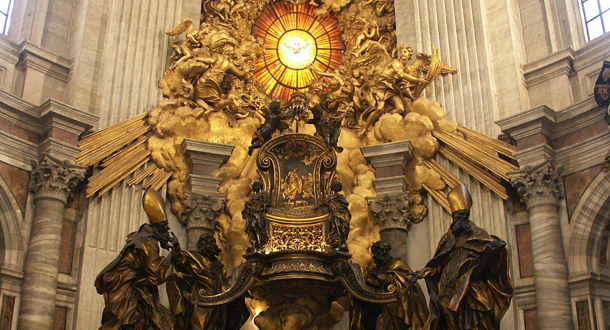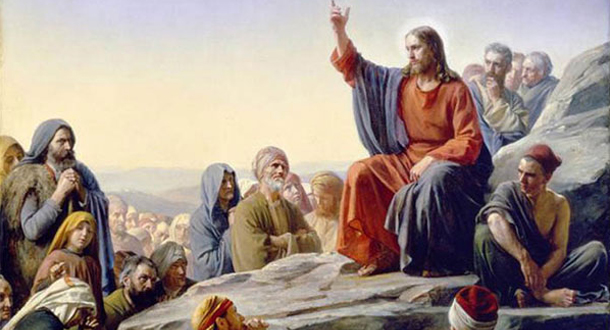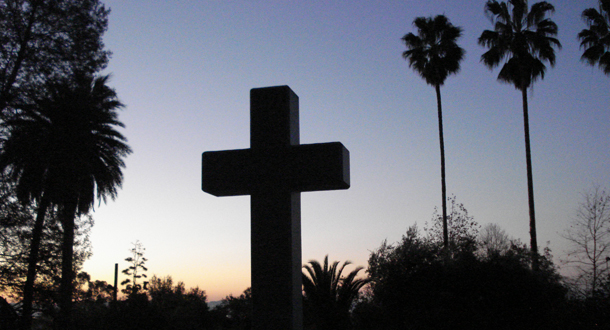 Scripture:
Scripture:
Leviticus 19:1-2, 17-18
1 Corinthians 3:16-23
Matthew 5:38-48
Reflection:
In our Gospel reading (Matthew 5:38-48), we hear Jesus continue making a contrast between what the people have heard about what they are to do in following God’s law, and what Jesus is saying to them now. Arguably, what we hear in this reading are the most challenging words we find in all the Gospels: “You have heard that it was said, ‘An eye for an eye and a tooth for a tooth.’ But I say to you, offer no resistance to one who is evil. When someone strikes you on your right cheek, turn the other one to him as well…. You have heard that it was said, “You shall love your neighbor and hate your enemy.’ But I say to you, love your enemies and pray for those who persecute you, that you may be children of your heavenly Father.”
How on earth are we supposed to do that? What about abuse? What about terrorism? What about oppression and injustice? These are all good questions, and it seems like Jesus is just asking for too much from us. In the seemingly impossible task of following Jesus’ commands, we may have to take a leap of faith and what gets us across to the other side is the Cross of Christ.
In our second reading from 1 Corinthians (3:16-23), St. Paul writes: “Let no one deceive himself. If anyone among you considers himself wise in this age, let him become a fool so as to become wise.” In a way, Jesus is the ultimate fool. He let Himself be captured, and arrested, unjustly condemned and unjustly executed. He did continue to love His enemies. He did turn the other cheek. Is that not utter foolishness? But we Christians believe that His foolishness saved us!
And yet many of us still struggle to trust in Jesus’ ways instead of the ways of the world. I find it hard to believe that when Jesus says “offer no resistance,” He means that people should stay in abusive relationships, or that people should stop working for justice and peace. But I wonder if He is saying to us that we cannot overcome evil with the methods of evil. We cannot stop violence with more violence. That has been tried many times.
Could it be that Jesus is telling us to take a leap of faith, risk looking foolish in the eyes of the world, and try things His way?
Fr. Phil Paxton, C.P., is the local superior of the Passionist Community in Birmingham, Alabama.

 Scripture:
Scripture: Scripture:
Scripture: Scripture:
Scripture: Scripture:
Scripture: Scripture:
Scripture: Scripture:
Scripture: Scripture:
Scripture: